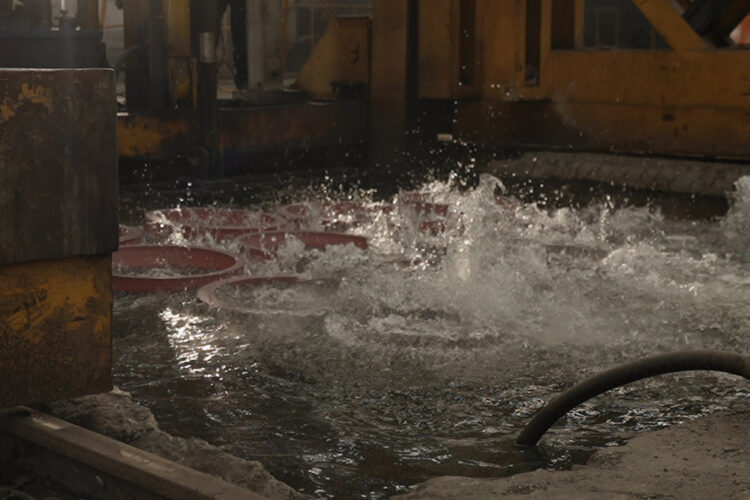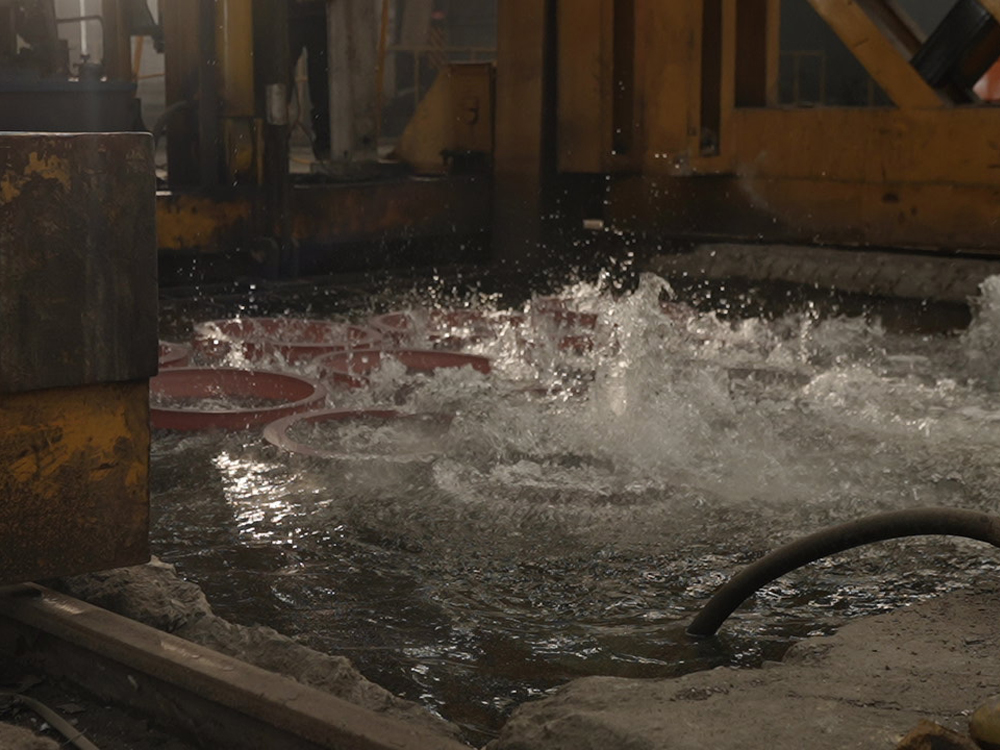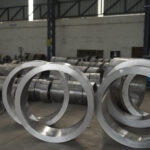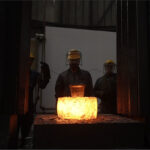
Why It Matters for Strength, Durability, and Performance
When it comes to forged alloy steel components, strength and shape are only half the story. The other half? Heat treatment — the critical post-forging process that transforms raw metal into high-performance parts ready to withstand real-world stress.
At Shailesh Forging Works, our state-of-the-art heat treatment facility ensures that every forged part, from flanges to gear blanks, delivers maximum toughness, wear resistance, and dimensional stability.
Let’s break down what heat treatment is, why it’s crucial, and how it enhances the performance of alloy steel forgings.
What Is Heat Treatment in Forging?
Heat treatment is the process of heating and cooling forged components in a controlled manner to alter their microstructure and mechanical properties — such as hardness, ductility, and tensile strength.
In alloy steel forging, it plays a vital role in:
- Refining grain structure
- Relieving internal stresses
- Improving machinability
- Increasing resistance to fatigue and corrosion
Key Heat Treatment Processes at Shailesh Forging Works
We follow industry-standard thermal processes tailored to the material grade and application of the forged component:
1. Normalizing
Heats the forged steel above its critical temperature and then air cools it.
Benefits:
- Refines the grain structure
- Improves uniformity
- Prepares parts for machining
2. Tempering
Performed after hardening to reduce brittleness and improve toughness.
Benefits:
- Increases ductility
- Enhances impact resistance
- Balances hardness with flexibility
3. Annealing
A softening process where the steel is heated and cooled slowly to remove internal stresses.
Benefits:
- Improves machinability
- Enhances dimensional stability
- Reduces hardness for easier shaping
Our Heat Treatment Capabilities
At Shailesh Forging Works, our in-house facility includes:
- 2 Nos. Fully Automated Water Quench Furnaces (Gas Fired)
- Batch Capacity: Up to 10 MT per cycle
- Box-Type Furnace Size: 3.2M x 3.2M x 1.2M
- Precise Temperature Control using calibrated sensors
- Repeatable Thermal Cycles for consistent quality across batches
Every batch is monitored in real-time, and traceability is maintained from furnace entry to final inspection.
Why Heat Treatment Is Critical in Alloy Steel Forging
Alloy steels contain elements like chromium, nickel, molybdenum, and vanadium that respond differently to heat. Proper heat treatment:
- Unlocks their full mechanical potential
- Enables custom performance tuning
- Increases corrosion and fatigue resistance
Ensures compliance with industry standards (ASTM, DIN, API, etc.)
Real-World Applications of Heat-Treated Forgings
| Industry | Components |
| Oil & Gas | Flanges, valve bodies, casing connectors |
| Wind Energy | Gear rings, main shaft rings |
| Power Generation | Turbine rings, support flanges |
| Aerospace & Defense | Couplings, structural brackets |
| Heavy Engineering | Sleeves, forged discs, mechanical parts |
Heat-Treated Alloy Steel = Better Performance
Without proper heat treatment, even the most precisely forged parts can fail under pressure or wear out prematurely. By combining material science with precision thermal processing, we help our clients get the most reliable, long-lasting components — every time.


